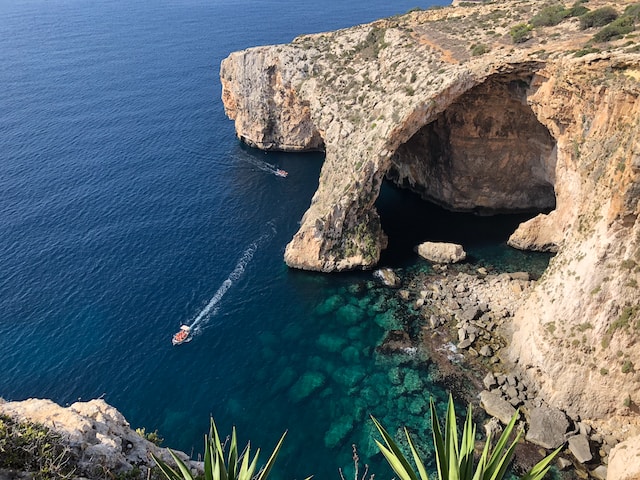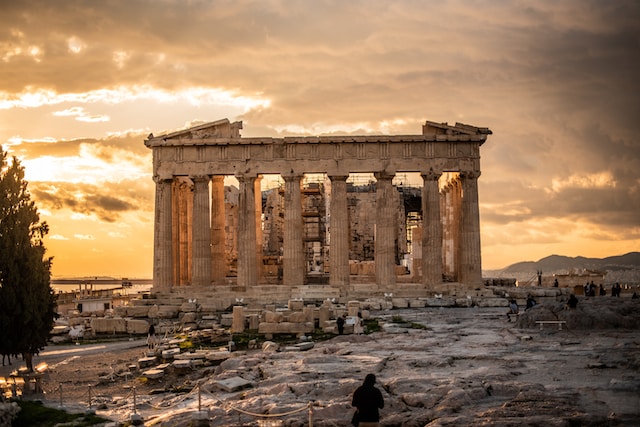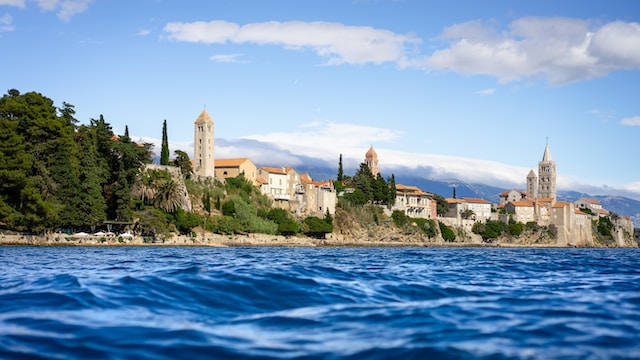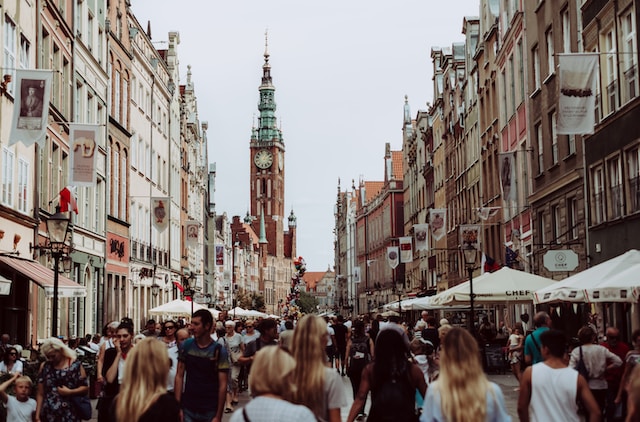This is a country located in Northern Europe. It shares borders with Sweden to the west, Norway to the north, and Russia to the east. Helsinki is Finland’s capital and largest city. The population is approximately 5.5 million people, and the official languages are Finnish and Swedish. It is known for its beautiful natural landscapes, including vast forests, thousands of lakes, and the Northern Lights. This nation is also known for its high quality of life, excellent education system, and strong social welfare programs. Economically, it is a highly developed country with a mixed economy that emphasizes both free-market principles and government intervention. The nation is a member of the European Union, and its major industries include technology, forestry, and manufacturing. Its robust and ancient cultural practices include local songs, acrobatics, and ceremonies. It is also known for its design and architecture, with iconic works such as the Alvar Aalto buildings. Generally, it is a unique and fascinating country with a lot to offer both residents and visitors. Finland has a high level of living and a comprehensive welfare system, thus the government provides many essential services and facilities, including healthcare and education. This can help offset some of the higher living costs.
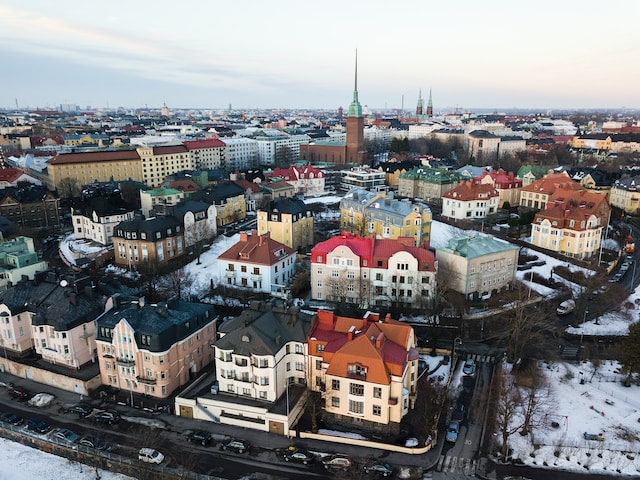
If you are considering relocating to this country as an expat, there are things you need to know about the northern European nation. The most important of them all is its cost of living. This article provides information on the prices of basic human needs in the country.
These other articles might interest you:
Cost of living in the country
The quality of life here can vary depending on the city or region, but in general, it is considered to be relatively high compared to many other countries.
Accommodation
The biggest expense in this territory is usually housing, with rents and property prices being high, particularly in major cities like Helsinki, Turku, and Tampere. Houses on the outskirts of large cities cost lower than those in the city.
Food and groceries
Food and other everyday expenses can also be costly, with prices for groceries, dining out, and transportation being above average. However, the quality of products and services is generally high, so the higher costs can often be attributed to this. A meal at a low-priced restaurant may cost 13 dollars, while a meal at a mid-priced restaurant may cost more. Grocery shopping typically costs depend on a person’s food consumption.
Transportation
Public transportation is available and reliable within this country. A one-way ticket for local transportation is usually around 3 USD. While taxis are also accurately priced, typically costing 2 USD per kilometer.
Healthcare
There is quality public health care to cater to residents having health insurance schemes. Foreigners residing here need to buy health insurance to have access to medical care. Typically, insurances cost less than $150 per month to purchase.
Utilities
Utility expenses for water, gas, and electricity typically differ from one another monthly depending on factors such as size and usage. On the other hand, the typical monthly rent for an apartment with one bedroom is approximately 122 USD. Residents will pay a monthly fee for internet access and phone calls.
It is feasible to live within the boundaries of this territory on a budget, but doing so needs careful planning and the creation of a budget. Students and inhabitants of low-income areas may be eligible for a variety of forms of financial help, such as housing subsidies and student loans, among other forms of assistance. Overall, the level of living in any of its cities is relatively high, but this is counterbalanced by a robust social assistance system and a high quality of life overall.
